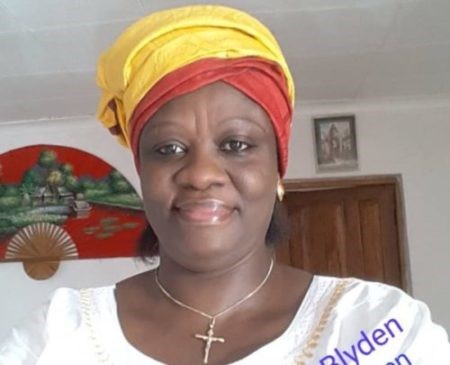Socio-political Activist, Dr. Sylvia Olayinka Blyden has advised the Government of Sierra Leone to go back to the drawing board and review its decision to stop commercial vehicles from plying main roads in Freetown for the sake of the Waka Fine buses.
Dr. Blyden said: “Whosoever designed that decision to remove commercial vehicles charging NLe5 for transportation, to allow one that charges NLe10 is a very selfish person. I honestly did not believe that this government really understands the implications. They must go back to the drawing board and ensure they allow people to enjoy the NLe5 cost of transportation.
“In a liberal economy, open competition is allowed. In this case, the government has not allowed competition. What the government has implement is so different from what the World Bank project says. The World Bank Project says make life easy for people in Freetown but on the contrary, the project is now making life very difficult for the people of Freetown”.
Dr. Sylvia Olayinka Blyden is expected to be a guest on AYV’s Wake Up Sierra Leone this morning to talk more on national issues including the Waka Fine buses among other things.
There has been a lot of excitement surrounding the introduction of 50 new public service buses under the Resilient Urban initiative, a collaboration between the World Bank and the Sierra Leone Government to address transportation needs in Freetown.
The 50 buses were made by Ashok Leyland in India – a multinational company known for producing strong and reliable buses. There is no doubt about the credibility of the manufacturer.
However, there has been some issues including the corridors and the ticket sales system. The decision to stop commercial vehicles charging NLe5 from plying major streets and forcing people to use the NLe10 Waka Fine buses has not been a welcomed one.
The tickets are now being sold in the streets, and it appears that anyone can buy them in bulk and sell them individually. While this may increase accessibility, it also opens the door for counterfeit tickets being sold to unsuspecting passengers.
Additionally, it would be beneficial to have a website or an app where people can purchase tickets online. This would allow passengers to plan their journey and present their tickets in a QR code format for easy scanning by the conductor. Implementing contactless payment methods would also help in reducing corruption.
Another concern is the cleanliness of the buses. Trashcans (waste bins) should be installed in all the buses, and staff should be stationed at the bus stations to collect the trash after every round trip. This would help maintain a clean and comfortable environment for passengers.

